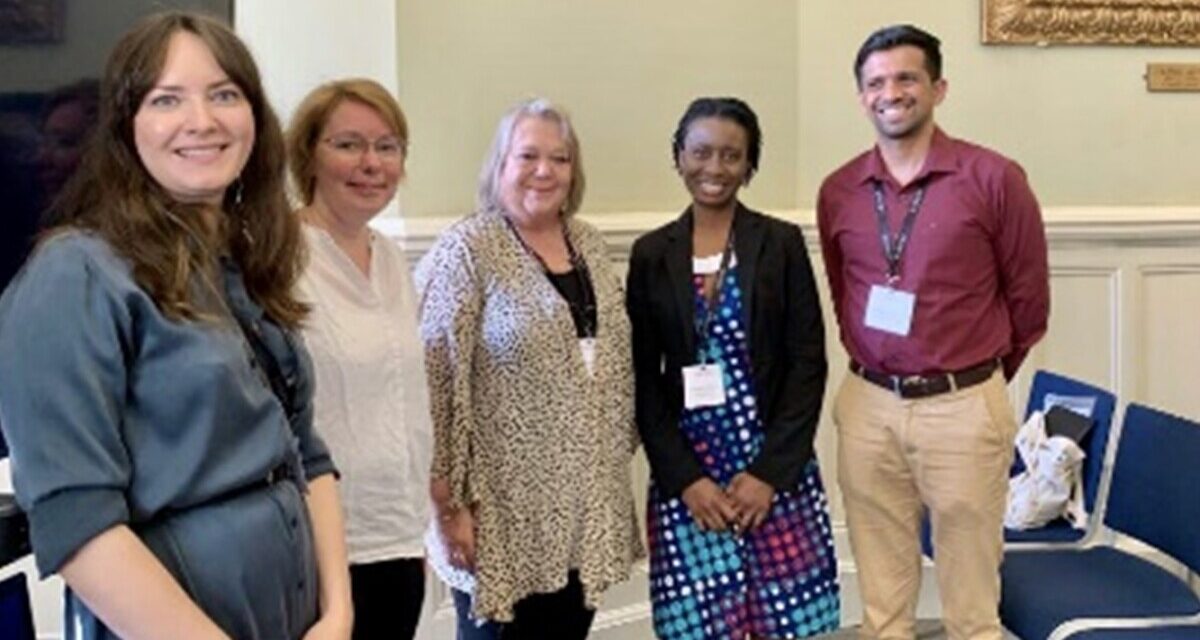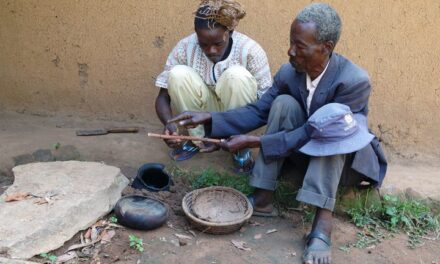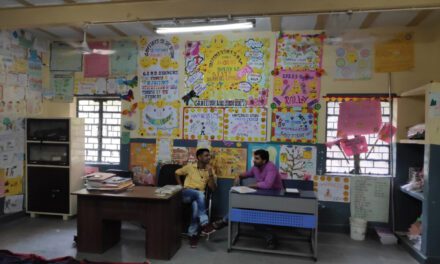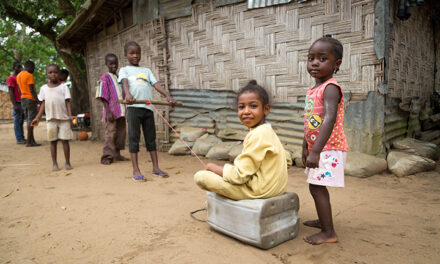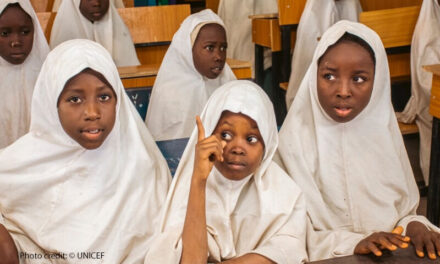This blog is authored by Dr Linda Scott, Editor at Vaal University of Technology in South Africa. Linda’s journey towards researching curriculum decolonisation was inspired during her tenure as a lecturer, where she recognised the pressing need for ongoing research on ‘how’ to decolonise curricula. For the 2023 UKFIET conference, 32 individuals, including Linda, were provided with bursaries to assist them to participate and present at the conference. The researchers were asked to write a short piece about their research or experience.
Background
The recent student riots in South African public higher education institutions serve as a stark reminder of the 2015/16 student riots and the #FeesMustFall and #RhodesMustFall movements. Just as they did in the earlier riots, these students in 2023 call for decolonisation of higher education spaces and protest against financial constraints, inadequate accommodation and historical debts.
I undertook this study to shed light on the shortcomings and slow pace of transformation of South African higher education institutions since the 1994 democratic elections. Some progress has been made but it is not enough to address the critical needs for transformation and decolonisation, which includes curricula decolonisation and the incorporation of concepts like Africanisation, localisation and indigenisation.
Study Methodology
The ongoing student protests continue to underscore the urgent need for higher education institutions to prioritise meaningful transformation, as it plays a crucial role in achieving social justice and equality in South African higher education institutions; hence, this study was undertaken.
A qualitative approach included a literature view of the ideologies of prominent figures – Frantz Fanon, Ngũgĩ wa Thiong’o and Bantu Stephen Biko – who advocate for decolonisation and the liberation from colonial shackles. Each of these thinkers was chosen because they bring unique perspectives and approaches to this critical subject. Fanon’s perspective revolves around a psychoanalytical view, while Thiong’o approaches decolonisation from a linguistic standpoint and Biko emphasises a political outlook. Despite their distinct approaches, all three share the common goal of challenging colonialism and dismantling Eurocentric epistemologies. An analysis of the ideologies provided valuable insights into the multifaceted aspects of decolonisation.
A comprehensive literature review and analysis of the origins, development and demands of the student uprisings was then conducted. The demands from the earlier protests (2015/2016) and the current protests (2023) were compared with the approaches advocated by these founding ideologists of decolonisation to shed light on whether they align with the original concepts proposed by these prominent thinkers.
Understanding terminology
During this study it became important to provide clarification of terminology related to the process of decolonisation and it was highlighted that transformation and decolonisation are distinct efforts to reform the higher education system. Transformation is the act of fundamentally changing the system and includes comprehensive changes to reflect a democratic society, addressing access, equity, academic freedom and more. Decolonisation is the process used to change the system. It challenges colonial influences on curricula, pedagogy and language, aiming to diversify perspectives and knowledge systems. Africanisation is the process of prioritising African perspectives Localisation is the process of incorporating the local context, and Indigenisation, is the process of empowering local communities. These are all interconnected because they all work to foster a more equitable and sustainable future.
Findings
My findings revealed a number of shared themes between the ideologists and the student uprisings, namely decolonisation as a transformative endeavour; ensuring identity and cultural restoration; structural change and empowerment; the approaches to change include the role of education on economic reforms and social transformation, extending beyond academia to societal transformation and collaboration between different sectors; curriculum focus and curriculum revision to include diverse narratives and indigenous knowledge systems to address marginalisation; broader societal context in the reflection on an awareness of contemporary challenges such as climate change, economic disparities and technology’s role in shaping knowledge dissemination; and the global perspective with emphasis on transnational activism and global connectivity and the evolution in the understanding of decolonisation as a shared endeavour beyond specific regions.
This study emphasises the urgent need for meaningful transformation and decolonisation in South African higher education institutions. The findings underscore the critical role that decolonisation plays in attaining societal equity and fairness, urging higher education institutions to prioritise these essential objectives to address the pressing challenges and demands of the students. It is imperative for academia and policymakers to heed the lessons and aspirations of both the founding ideologists and the student uprisings. Institutions should proactively curate inclusive curricula that amplify marginalised voices, incorporating indigenous knowledge and diverse narratives to empower learners from all backgrounds.
By heeding the wisdom of both the past and present, we have the potential to forge a future that honours the legacy of the visionary ideologists while charting a transformative course toward a more just, inclusive and empowered world.

